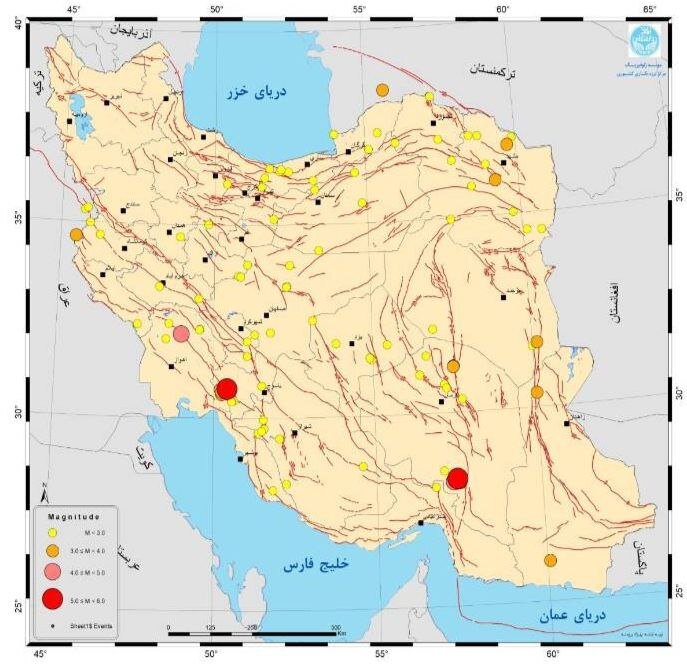
Similar Posts
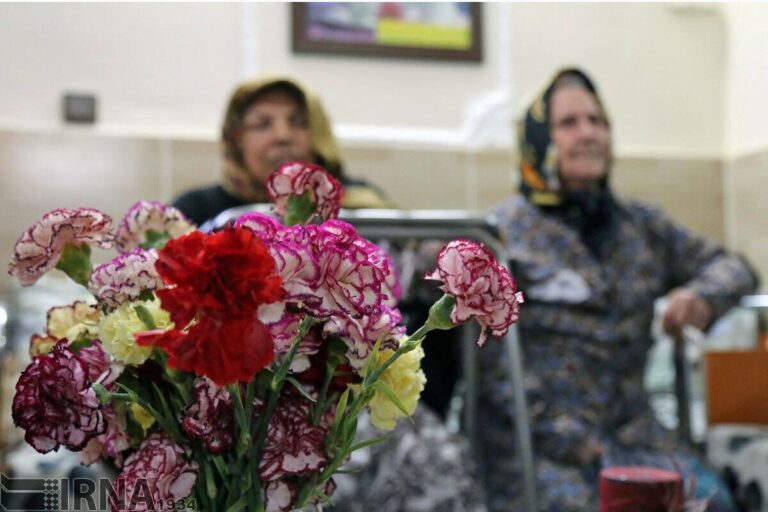
Transforming Communities: Nine Provinces Embrace Age-Friendly Initiatives
Iran has launched a national project to create age-friendly environments in nine provinces, enhancing the quality of life for seniors. This initiative includes Tehran, Gilan, and Isfahan, focusing on supportive services across eight domains: transportation, social participation, housing, and more. The project, part of an international collaboration, aims to address the growing elderly population, projected to reach 32% by 2050. A national document will guide the establishment of these environments, emphasizing collaboration among local institutions. The initiative reflects the urgent need to adapt to demographic changes, ensuring seniors can thrive in their communities.
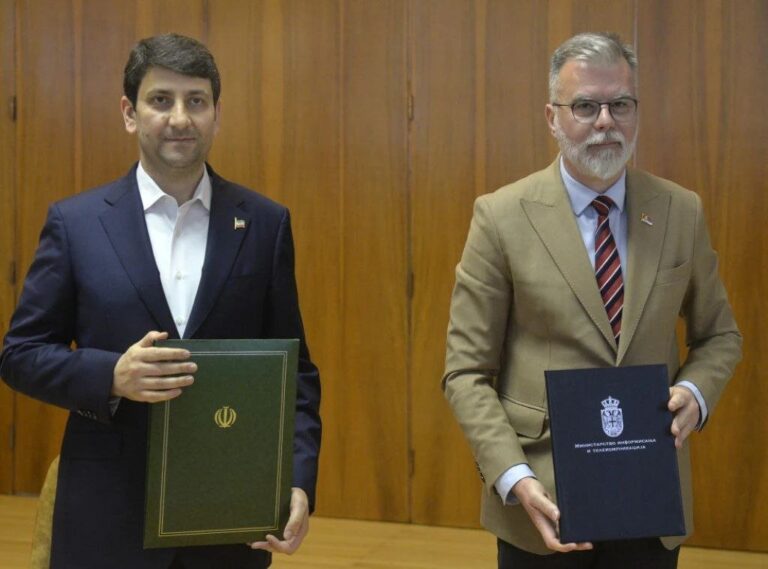
Tehran and Belgrade Forge Strategic MOU to Boost ICT Collaboration
Iran’s Minister of Information and Communications Technology, Sattar Hashemi, signed a memorandum of understanding with Serbia’s Dejan Ristic to enhance collaboration in the ICT sector, artificial intelligence, and data transfer. During Hashemi’s visit to Belgrade, he discussed advancements in ICT with Serbian President Aleksandar Vucic, who expressed interest in leveraging Iran’s technological capabilities. The agreement aims to promote cooperation, share expertise, and establish joint teams for projects in IT, e-commerce, and postal services. Hashemi highlighted Iran’s strengths in AI development and digital services, suggesting their partnership could foster innovation and economic growth in both nations.
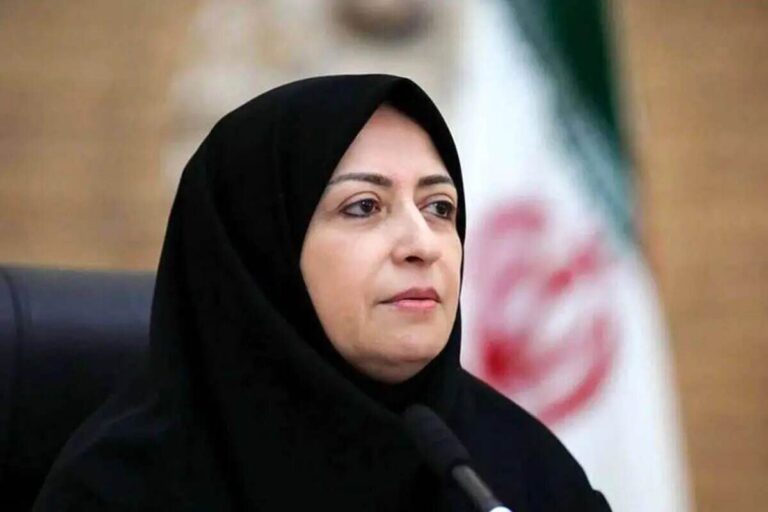
Unlocking Green Potential: How BRICS Can Drive Environmental Cooperation for Billions
The modern world faces urgent environmental and social challenges, such as global warming, biodiversity loss, and pollution, affecting nations universally. These crises lead to rising food prices, diseases, and forced migration, necessitating coordinated international action. Iran, despite facing sanctions, emphasizes environmental protection and aims for a transition to a low-carbon economy. Critical issues include severe drought, air pollution, and declining water resources, which threaten agriculture and infrastructure. The recent BRICS Environment Ministers meeting highlighted Iran’s push for enhanced South-South cooperation, including financial support and technical collaboration, to foster sustainable development and mitigate climate-related risks globally.
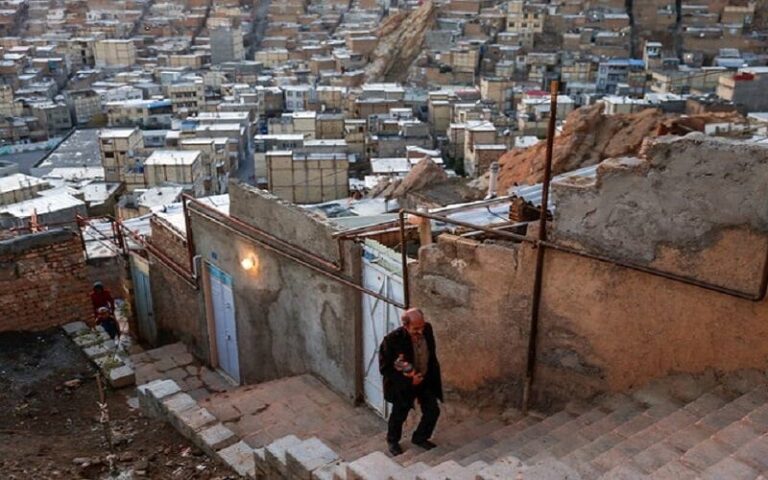
Escalating Slum Crisis and Rising Marginalization: A Deep Dive into Iran’s Urban Struggles
Slums in major Iranian cities, particularly Tehran, Mashhad, and Bandar Abbas, are reaching crisis levels, with 6.5-7% of the population estimated to live in informal settlements. Factors like drought, poor living conditions, and rising housing costs drive migration to urban areas. The marginalized population has surged from 600,000 to over 25 million in 35 years, exacerbating social instability and crime rates in slum regions. Environmental issues and inadequate services have worsened public health risks, with around 900,000 children out of school. The Iranian regime’s failure to address these challenges threatens to deepen poverty and exclusion.
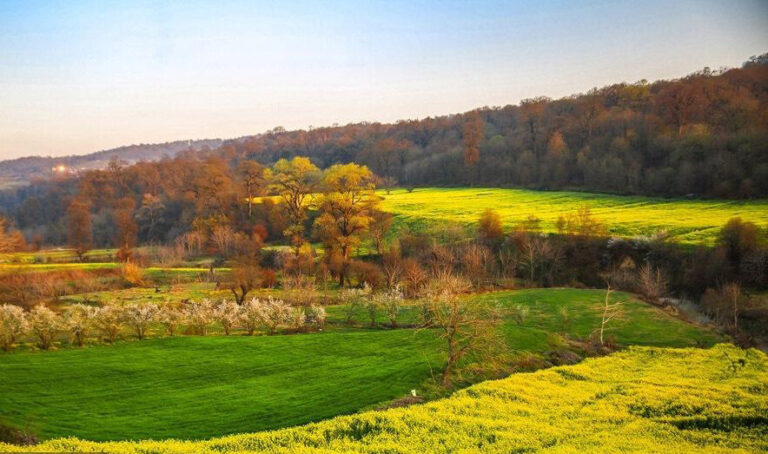
Discover the Vibrant Safflower Farms of Mazandaran: A Colorful Journey Awaits!
Safflower farms in Mazandaran province, Iran, showcase vibrant blooms in spring and hold significant medicinal value. Known as Carthamus tinctorius, safflower is celebrated for its health benefits, including promoting heart health, aiding weight management, reducing inflammation, enhancing skin health, and alleviating menstrual pain. The region’s sustainable farming practices also support local economies and community ties. Visitors can engage in guided tours, flower picking, and cooking classes featuring safflower oil, fostering appreciation for this valuable crop. As interest in natural remedies grows, safflower’s beauty and health contributions highlight its importance in both agriculture and wellness.
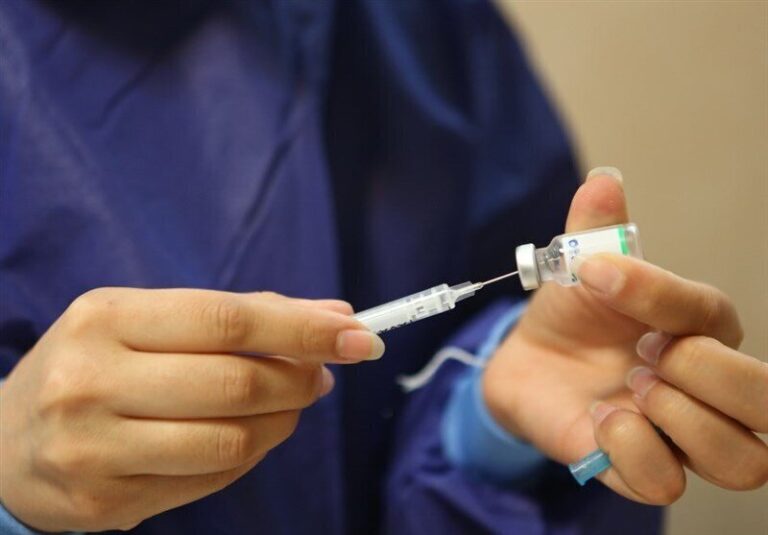
Nowruz Brings Hope: Medical Assistance for Rare Disease Patients
As Nowruz (New Year) holidays approach, Iran’s Ministry of Health will extend essential services for patients with hard-to-treat and rare diseases starting March 21. Key facilities, such as dialysis clinics, blood transfusion centers, and chemotherapy units, will remain operational during the festive period. Notably, 15 centers will offer 24/7 support for multiple sclerosis patients. The initiative aims to alleviate concerns for vulnerable populations, ensuring continuous healthcare access. With 442 documented rare diseases in Iran, the ministry emphasizes the importance of awareness and support for affected individuals and their families during this time, highlighting its commitment to public health.